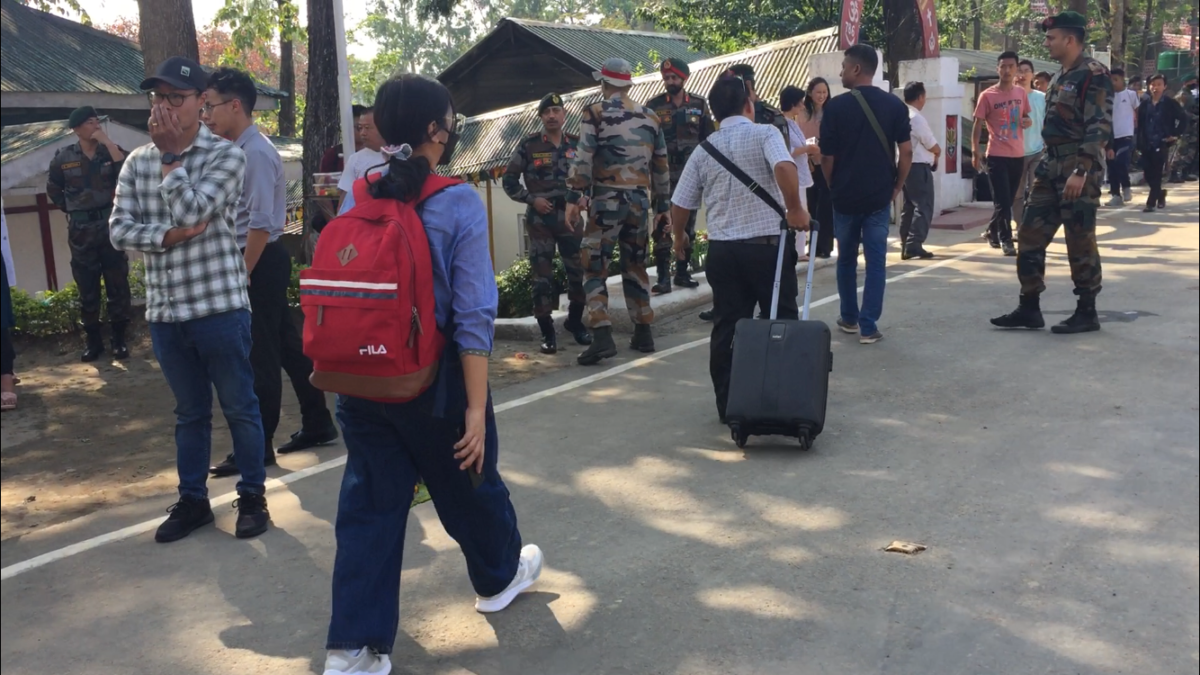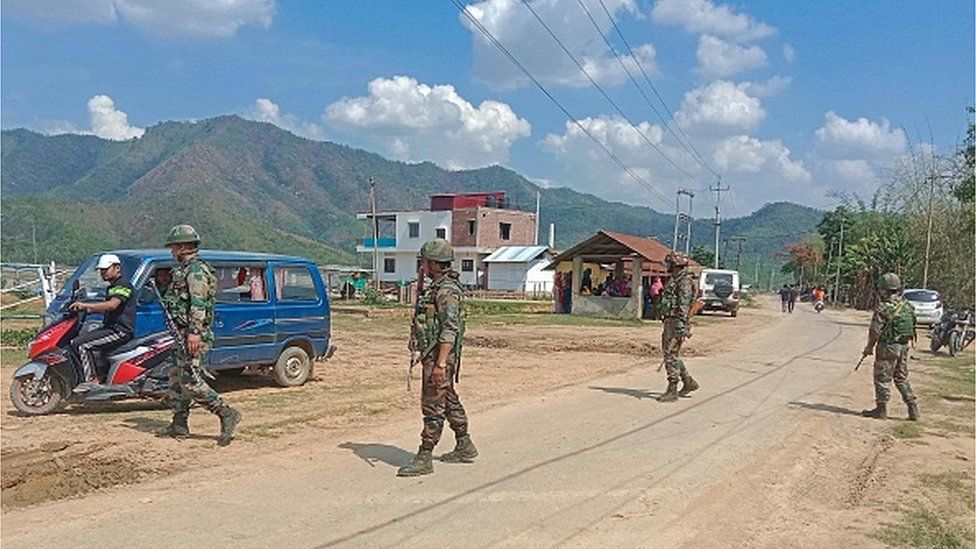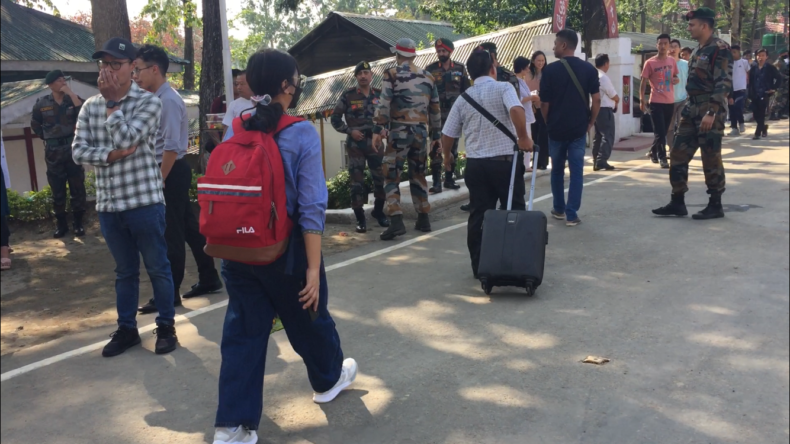The violence in Manipur, now in its third month, has devastated the state’s economy, devastated social structures and left more than 140 people dead and thousands left homeless. But beyond victims and helplessness, the impact of violence is likely to affect entire states over years, not decades.
It doesn’t matter if it’s a heat wave, pandemic, flood-like scenario, government holiday, or even the Prime Minister’s visit, schools will be closed.
So it’s no surprise that when the fire broke out on May 3 in Manipur, the state’s schools, colleges, and other educational institutions shut down immediately. And they haven’t reopened since.

This implies that while the world continues to move forward as normal, students in Manipur are asking when their lives will return to normal.
Years Of Presence Of Smoke
Imagine that all your hopes, dreams, and aspirations have vanished in a matter of two or three days, in some cases in as little as two days.
Lalrosang, an MSc Biotechnology student from Manipur University, wanted to become a professor someday. But today, he seems to be far from his dream for all intents and purposes.
Lalrosang was among the many students who witnessed the disruption of classes and research activities when the violence began. However, he was not only affected by the disruption, but also lost his academic certificates due to the destruction caused by the crowds on the college grounds on May 3rd. Due to his fear of death, he decided to flee Manipur, leaving behind his parents and younger sisters.

Lalrosang now lives in Karnataka and works as a teacher in a school. Speaking to EastMojo Lalrosang said, “I can’t start from scratch again. Our parents can’t work anymore. That’s why I had to get a job.”
For students like him, survival has become their only goal. For others, returning to the state is a nightmare not only because of the physical dangers but also because of the psychological trauma.
“I can’t even think of going back to the past and pretending that it didn’t happen,” says a tribal union member of Manipur university (MU) who asked to remain anonymous.
Future Is In Danger
It has been widely discussed that online classes may be implemented, however, the current situation is more extreme than during the pandemic. This time, only the state of Manipur is affected, thus leaving the students of the state with limited options if the plan does not go according to plan. One of the UPSC aspirants, Samuel Haokip, discussed the disruption of his exam preparations due to the outbreak of violence. He stated that he was preparing for his UPSC exams in May and had to fill in the form, with Lamka being the chosen exam centre. However, due to the violence, he had to postpone his masters.
Samuel was lucky enough to be able to move to other exam centres out of the conflict zone, but a lot of other students couldn’t do that because the violence was getting worse and worse, and their lives were in danger. The government made sure the students in conflict zones were taken care of by setting up centres in places like Alwar, Muzaffarnagar, Chandigarh, Kolkata, and even Jorhat.

However, many students are still struggling to understand what could have caused such destruction in the state.
Manipur University (MUTSU) Sports Secretary Zecharia, a member of the state’s Naga community, has attributed the recent clashes to a misunderstanding and expressed his lack of clarity on the root cause. “The clashes began due to a misunderstanding and we don’t know what the cause is yet,” he stated.
MU Political Science student, Rebekah Zote, who has been affected by the violence, talks about how the University students have come together and appealed to the UGC to transfer to different universities so that they don’t lose their semesters, and they can start their studies from scratch. Unfortunately, it looks like things are not going to get better for a lot of students, even those from outside Manipur who are enrolled at MU. Even though the conflict between two communities is still going on, the pain isn’t just limited to those two communities, it affects everyone, no matter what their background is.
Even if the current level of violence were to cease, there are still considerable obstacles to returning, such as security issues. “No one, including myself, wants to return,” Zecharia stated. While some departments have reopened, a number of students have indicated a lack of interest in returning due to fear for their safety.

Read more at:
https://economictimes.indiatimes.com/news/india/situation-normal-in-most-districts-of-manipur-police/articleshow/101675658.cms?utm_source=contentofinterest&utm_medium=text&utm_campaign=cppst
In order to facilitate the relocation of displaced tribal students of Manipur University, a number of student associations and government authorities have been attempting to facilitate the process. The MUTSU of Manipur University has issued a notice inviting the displaced tribal students of MU to submit their details to the relevant authority.
For now, as the situation in Manipur remains volatile, it is evident that the students in the state are facing a difficult time in their pursuit of knowledge. In a state with a high rate of unemployment, this implies that the future for students in Manipur, at least, appears to be as bleak as the present.












